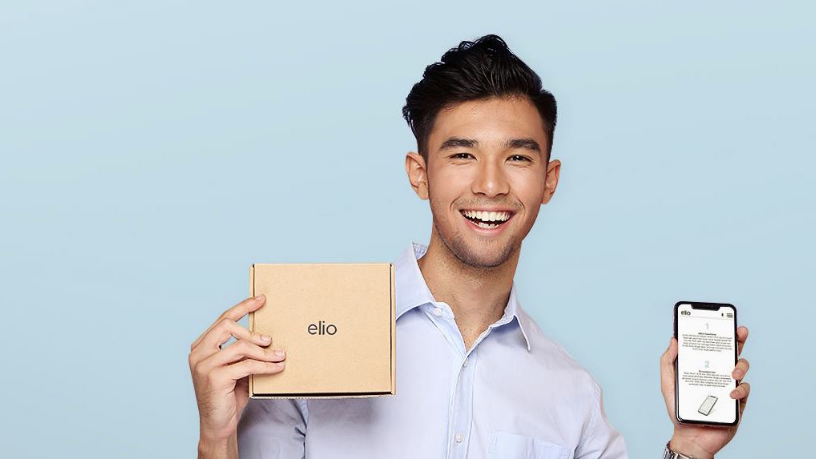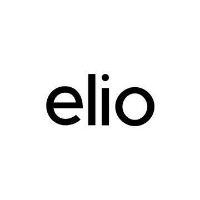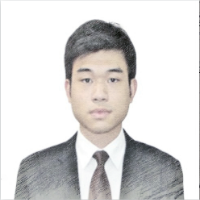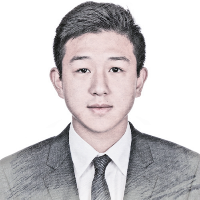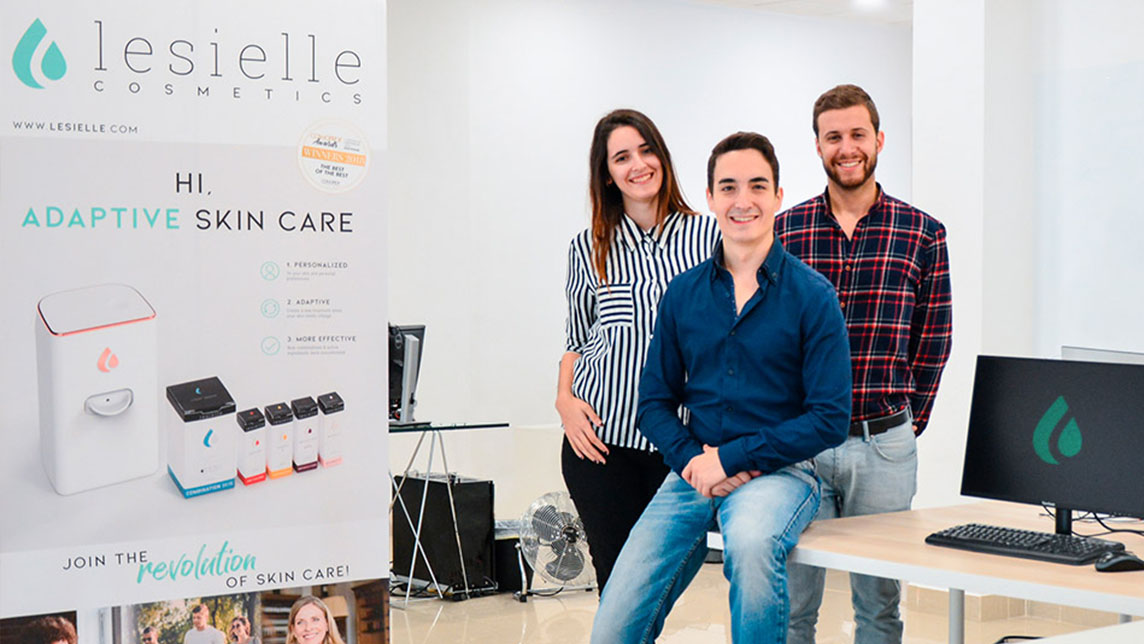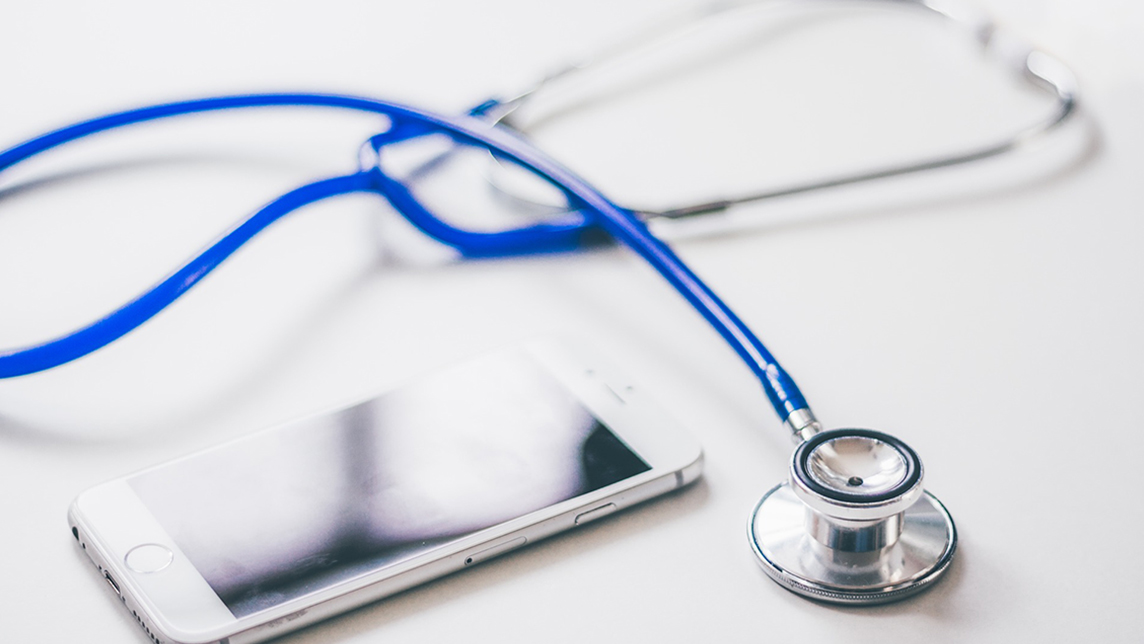Getting more men to talk about personal health and skincare needs is both a challenge and an opportunity for Waldo and Walton Hartanto to break into Indonesia's $2bn market for skincare products.
In 2018, the Indonesian brothers created Elio, a health portal and app for men. Inspired by Helios, the mythological Greek personification of the sun as a universal symbol of life, strength and longevity, the co-CEOs hope to spark conversations around three common topics so that men can be proactive over their health.
“We noticed that there were very few innovations in the men’s health and wellness industry,” says elder brother Waldo Hartanto in an interview with CompassList. “We saw this lack of innovation as an opportunity and decided to address the fundamental health issues that men actually care about. We're creating a healthcare brand that speaks to the modern consumer and to normalize the conversation around men’s health.”
“Based on our observations, women are more open to sharing concerns about their health and wellness with their peers,” adds Walton Hartanto. “Men, on the other hand, tend to avoid talking about their concerns even though they actually care about such matters in private.”
Privacy is, therefore, the key selling point of Elio as a healthcare platform for men. Sensitive patient data is kept strictly confidential and highly secured, accessible only to affiliated doctors on a need-to-know basis. The product packaging is also very discreet to protect customer's privacy for deliveries.
Normalizing conversations
Generally, not the most excitable group of customers when it comes to health and skincare therapy, the male consumer is prone to what Elio's co-founders call the three Ms: “Malu, Malas, Mahal” (Indonesian for “embarrassed, lazy, and expensive”). Whether it's the self-consciousness in seeking treatment for sensitive health issues, the lack of willingness to go through the time-consuming consultation process, or simply balking at spending too much for such products; the three Ms have limited the growth potential of the men's healthcare sector.
Today, the market for men's skincare and personal health has remain relatively untapped and less accessible in Asia. Another major challenge is to encourage conversations around taboo topics. Walton highlights the cultural stigma surrounding sexual health that has prevented many men from addressing sensitive medical issues, especially in a country like Indonesia. “Men tend to be embarrassed, or too busy to consult a doctor. So, Elio will offer both convenience and privacy, ultimately removing any excuse for not seeking treatment,” says Walton.
With that in mind, Elio's solution seems to be an obvious one: personalized online consultations and services that guarantee privacy for male clients. While more established Indonesian healthtechs like Halodoc and Alodokter have introduced similar services, none has opted to focus 100% wholly on men. Many healthcare companies have also neglected Indonesia's rapidly growing pool of middle-class consumers who can afford more frequent repeat purchases with an Average Order Value (AOV) of IDR 250,000.
Elio is also mobile-optimized to allow users to use their smartphones for consultations. “Our online consultation questionnaires are category-specific, so we offer a very systematic approach to receiving care,” says Waldo. Elio also provides patients with customer care services from a team of care specialists.
“Our vision is to really stay with the patients throughout their care journeys instead of only having one-off interactions,” he adds.
The response has been encouraging, mainly due to the ease of use and process. “The conventional way of seeking care is to visit a doctor. But this can be expensive, awkward and take up a lot of time. Users really appreciate the affordability, privacy and convenience offered by our platform.”
Educational platform to tackle taboos
Elio's marketing efforts have remained exclusively digital, most notably through social media. This is “because most men are beginners when it comes to self-care so we try to capitalize on this by providing content that are informative yet fun to digest,” explains Walton. He adds that Elio's most successful campaigns were those that open up conversations about difficult topics such as hair loss and erectile dysfunction in an authentic and relatable way.
A report by Euromonitor International in June 2019 showed that Indonesian men are at the very least, conscious about their looks. The report stated, “With the launch of a series of men's facial care products by well-known players, the men’s skincare sector has shown a positive performance in 2018.”
In 2015, a website-based campaign focusing on erectile dysfunction education by pharmaceutical company Pfizer was a resounding success. According to CNN, the “tinggalminta.com” ("you just need to ask") campaign attracted 21,000 visitors in just a few days, indicating that Indonesian men are still more comfortable with consulting online for such issues.
The brothers hope to use Elio as an educational forum to reach out to more local men, starting with the three core topics of hair loss, acne and erectile dysfunction. Users will have complete confidentiality when they use Elio for the free private consultations by completing online questionnaires designed by Elio's medical advisors.
The team of three licensed doctors are specialists in different health issues and can respond within 24 hours with a diagnosis, treatment advice and any prescription needed. “Dr Wenny Tan and Dr Patricia Wijaya will support our platform’s dermatology category with their expertise in aesthetic medicine. We're also working closely with Dr Heru Oentoeng to take care of the men’s health side. He is a highly regarded andrologist with over 20 years of experience in his field,” says Walton.
The company is licensed by BPOM, the Indonesian National Agency of Drug and Food Control. Everything that's sold on the Elio platform will be based on recommendations and prescriptions by the medical advisors. However, customers are not obliged to purchase the recommended treatment packages or products from Elio. The in-house Elio brand of products are produced by various licensed pharmaceutical manufacturers in Indonesia.
Revenue is earned by adding a contribution margin or mark-up. Elio aims to be competitive and “super affordable relative to the costs of conventional doctor visits," says Walton.
Shift in consumer preferences
Elio is currently bootstrapped by the brothers who have worked for investment banks and private equity firms specializing in healthcare. They have initiated discussions within the venture capitalist community and found that there is “definitely interest” because Elio is targeting a very large category across consumer health verticals.
“Indonesia is the world’s fourth most populous country with a sizable and growing middle class. I think investors recognize this opportunity and acknowledge the paradigm shift of consumer preferences towards health and wellness,” says Waldo.
Industry professionals like Dr Kenny Cahyani, CEO and founder of the beauty clinic centers Leny Skin Care, have noted that similar businesses are moving its focus online due to easier processing and for future expansion. But she still believes that face-to-face consultations are still a necessity for patients who want serious medical assistance. “Business wise it makes sense […] It's different when we are talking about it from a medical perspective,” she tells CompassList.
Elio currently has over 5,000 active users, the majority of whom are return customers. The bestsellers are hair loss treatment products, followed by erectile dysfunction pills and acne formulas. The majority of the treatment packages are designed to last for one month and are ideal for repeat purchases.
The company seeks to differentiate itself from rival healthcare techs by delivering better quality customer services to boost customer retention and woo new clients from Indonesia's emerging middle class with higher disposable income. It's also promoting its brand through various digital marketing media targeting male Indonesians aged 25–40.
The company will focus on increasing its range by including more consumer healthcare segments for general and sexual health products. Elio has also responded quickly to the current coronavirus pandemic by offering Covid-19 self-assessments online. Future plans include selling vitamins, supplements and even producing a range of Elio women’s health and skincare products.
“Innovation of consumer products in the men’s wellness category has been minimal over the last decade, so we really hope to change this. That’s really the core of our thesis: to identify untapped consumer health categories with little innovation and re-shape the products for the modern consumer,” says Waldo.
